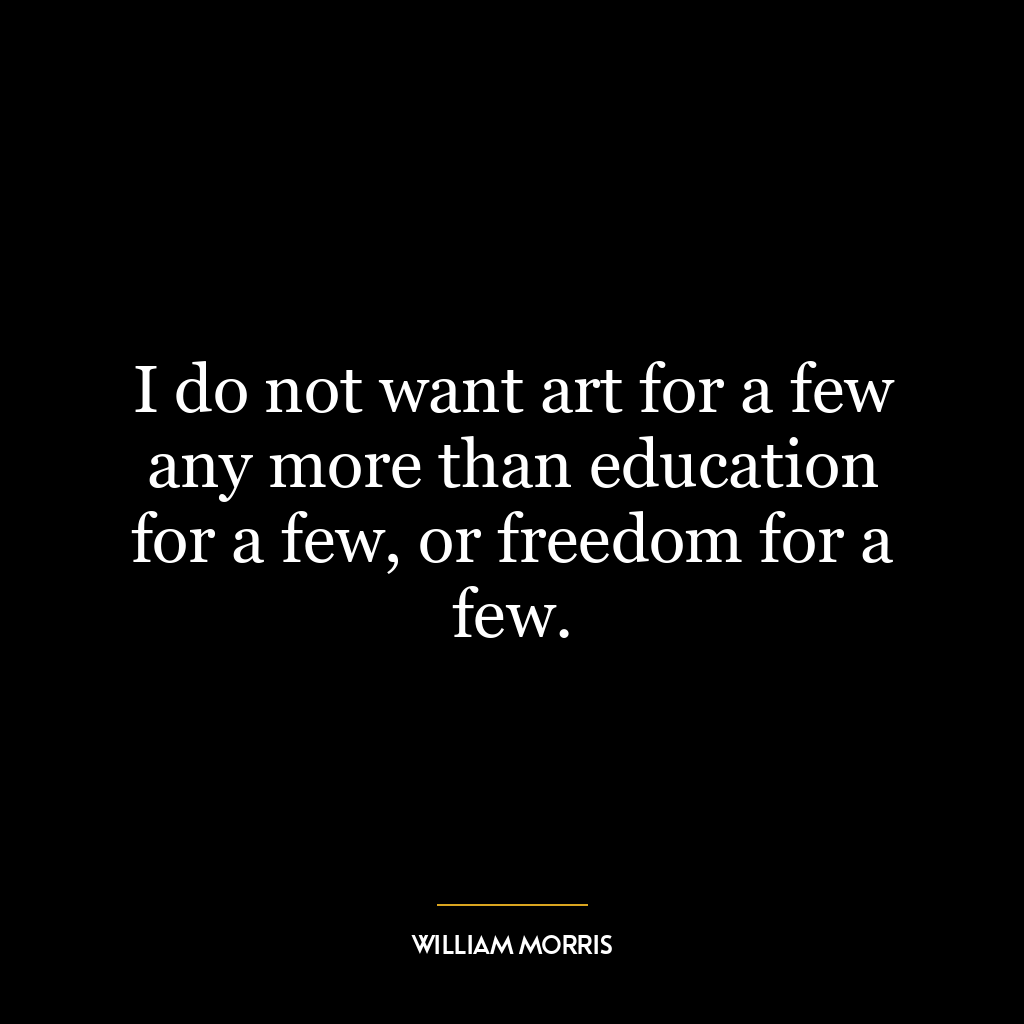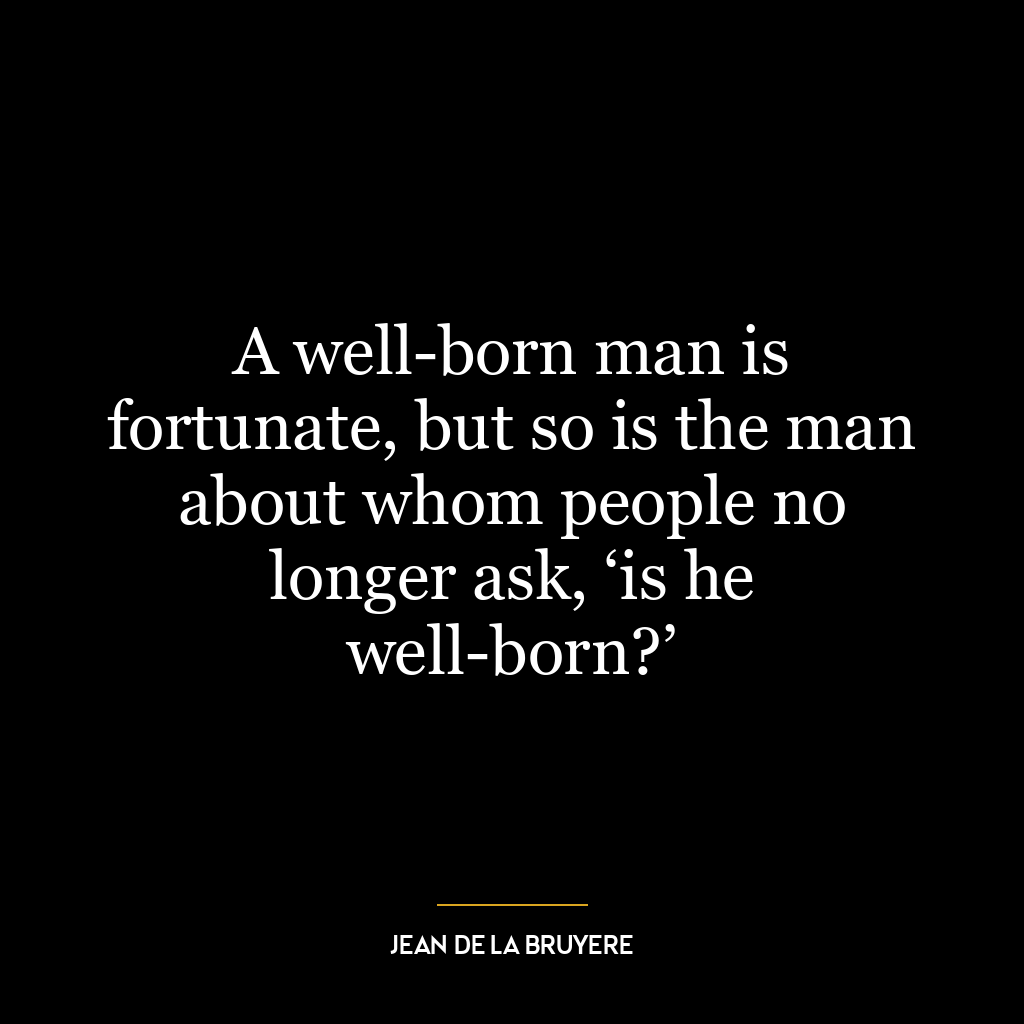Men aspiring to be free can hardly think of enslaving others.
This quote underscores the inherent contradiction in desiring freedom for oneself while denying it to others. It suggests that true freedom comes with an understanding of its universal value, implying that if one truly understands and appreciates the concept of freedom, they cannot possibly wish to deny it to another individual.
The quote emphasizes empathy as a key component of personal and societal growth. It’s about recognizing the shared human experience and extending the same rights, privileges, and freedoms we desire for ourselves to others. This is predicated on the understanding that liberty is not a zero-sum game – one person’s freedom does not diminish another’s.
In today’s world, this idea can be applied in various contexts such as politics, social justice movements or even interpersonal relationships. In politics for instance, leaders who have experienced oppression are often more empathetic towards marginalized groups’ plight for rights and freedoms because they understand what it means to be denied these liberties.
In terms of social justice movements like Black Lives Matter or LGBTQ+ rights campaigns – activists fight not just for their own freedoms but also strive to ensure these liberties extend universally irrespective of race, sexuality etc., embodying Gandhi’s sentiment about aspiring for universal rather than selective freedom.
On a personal development level too this quote holds relevance. It encourages individuals to reflect on their actions and attitudes towards others – do we inadvertently restrict others’ freedoms through our behaviors? Do we respect other people’s right to express themselves freely or make choices without fear of judgment?
Overall this quote serves as a reminder that true liberation lies not just in freeing oneself but also in ensuring no one else remains shackled by chains – literal or metaphorical; because only then can we truly appreciate the essence of being free.








